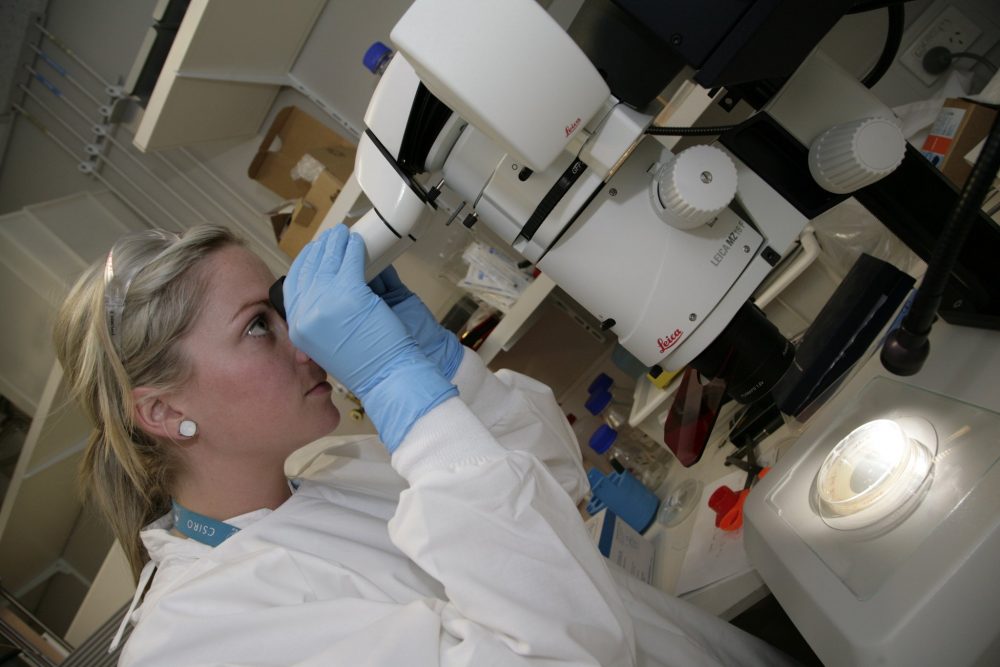Fardy Facts: The science of anxiety
Hi I am Sarah Fardy, I’m your Surf Coast resident scientist!
I recently started FARDY-FACTS.com.au, an online, interactive space to ask science questions and get evidence-based answers – relieving worries and concerns during the COVID-19 info-demic.
Has COVID-19, social-physical distancing, hand sanitiser, financial stress, news updates and beach closures got you all feeling a little unsure? We’ve had our lives changed in ways we were absolutely, not prepared for. Unless you’re a family featured on Netflix’ Doomsday Preppers (great viewing by the way), we’re all in need of a little mental tune up to remind ourselves that, this is all temporary and the ‘new normal’ won’t be like this forever.
This week, we’ll take a break from fighting the coronavirus with hand sanitiser and focus on ensuring we have mental fitness to fight COVID-19 too.
Our brains are very complicated sponges that often act on their own accord. Our brain responds to stimuli in our environment by sending chemical messages around the body. When we feel an emotion such as fear, anxiety, worry or dread, that is actually a pulse from a small, walnut shaped part or our brain called the amygdala and the rapid processing of the brain to fight, flight or freeze. This is all very normal. What’s important right now is how to manage our environment to reduce the amount of stimuli signalling to our walnut brain.
With the help of Emma Musella, a clinical psychologist working in the Barwon region, I bring you the Top 5 strategies to cope with the feels brought on by COVID-19.
1. Limit media exposure to coronavirus related information
Too much of this information can increase anxiety. It’s best to obtain information from reliable sources and stick to this source, eg. the Australian Government’s health alerts and Fardy Facts.
2. Refrain from thoughts of the worst-case scenario. Try to think rationally about the situation
Challenge unhelpful thoughts and instead replace them with more rational thoughts such as “Coronavirus infection is usually mild and most people recover without needing to go to hospital”, and “Australia is managing the situation well and the number of cases is decreasing daily”.
3. Follow basic hygiene principles
Doing the things recommended by the World Health Organisation will assist in the management of anxiety, eg. staying home, washing hands, avoiding touching your eyes, nose, and mouth, etc.
4. Look after yourself and stay connected
Keep in touch with friends and family, keep a routine, engage in activities you enjoy, eat well, exercise regularly, get enough sleep, avoid using alcohol and/or drugs to manage your feelings and practice relaxation and/or mindfulness strategies, eg. download the Smiling Mind App to trial some mindfulness exercises (smilingmind.com.au)
5. Seek support from a professional if you find yourself struggling with everyday things because of your anxiety
Consult with your GP to find a psychologist in your area (eligible clients are able to receive a Medicare rebate for telehealth and telephone consultations from a psychologist).
In addition, This Way Up (thiswayup.org.au), has a whole lot of free mental health courses now available (normally $59), you’ll get four months access to complete your course. eg. self-help courses such as managing insomnia, coping with stress and introduction to mindfulness.
Other great resources include blackdoginstitute.org.au and psychology.org.au/COVID-19 (PDF link available on fardy-facts.com.au)
And Emma says: if all that fails… buy a puppy!


















